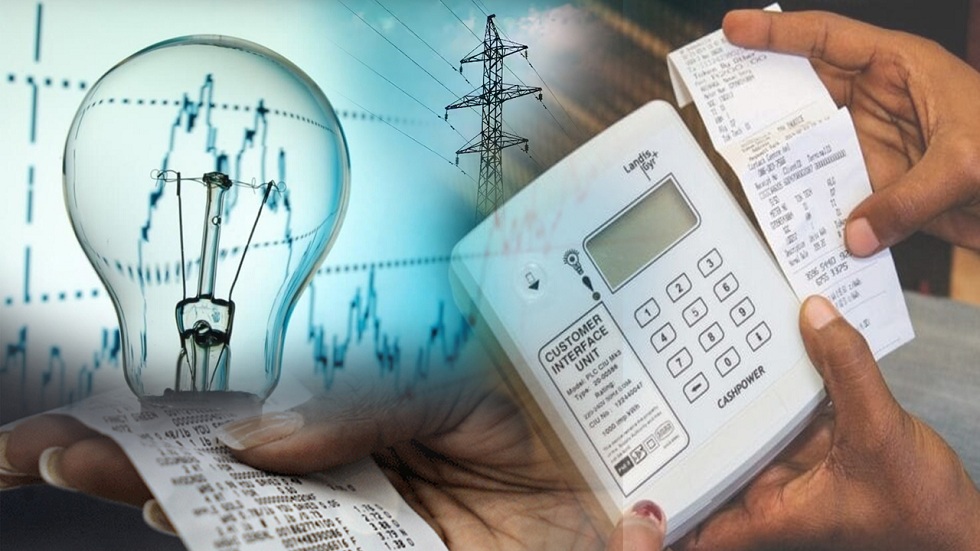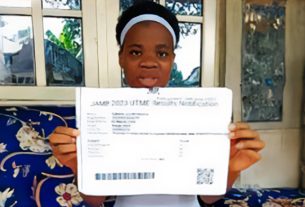Opposition by the National Assembly to the proposal for a 40 percent increase in electricity tariffs in the country is logical and in tandem with the realities of power supply and the economics of Nigerians. Electricity providers have so far fallen short of reasonable expectations of Nigerians most of whom are suffering untold hardship arising from the inefficiencies of power generation and distribution companies. For instance, those on the estimated billing system are generally charged for services they do not enjoy; while many others have to run their businesses and homes from privately generated electricity. In these days of fuel subsidy removal, the cost of this is simply exorbitant and unsupportive of businesses.
The electricity tariff hike is being proposed by the Nigerian Electricity Regulatory Commission (NERC) and eleven (11) Electricity Distribution Companies (DisCos). But the Senate and the House of Representatives said the proposed tariff increase should be put on hold to “allow Nigerians to breathe”. In particular, the House said NERC should compel DisCos to discontinue estimated or arbitrary billing to pave the way for an effective metering plan that can guarantee fairness to consumers.
Although the proposed increase is reportedly still being fine-tuned at between 23 to 30 percent, a tariff increase in electricity at this point in time will be inimical to the well-being of Nigerians who are reeling from the effects of petrol subsidy removal. The electricity sector still attracts a monthly subsidy of about 50 billion naira and its removal may be another acid test for President Tinubu administration’s market reform.
The Senate urged DisCos to allow communities to recover their cost of buying electricity transformers before asking them to pay bills. It also urged NERC and DisCos to halt estimated billing by urgently supplying electricity consumers with prepaid meters at affordable rates across the country. Further, it urged NERC to thoroughly look into the rate review applications filed by the Discos, taking into consideration the interests of citizens, affordability, and the need for improved service delivery.
According to the proponents of the tariff suspension: “It is essential to address the issues of inadequate power supply, metering, and quality of service provided by the Discos. Customers should not bear the brunt of inefficiencies in the power sector.”
Similarly, The House of Representatives, in a resolution asked NERC to invoke relevant provisions of the law and other extant agreements to penalise DisCos for exploiting and abusing the rights of consumers. The House also said that the commission should evolve a methodology along with the Distribution Companies to compensate communities, individuals, and other private and public entities for their investments in the distribution network. The House reprimanded the distribution companies for the abysmal provision of services to consumers while asking NERC to work and resolve limitations to provide excellent service delivery.
The power sector players have been unable to meet the threshold of supplying at least 5,000 megawatts a year. A cursory survey of the country’s electricity generation reveals an embarrassing unit of megawatt generation. Currently, electricity on the grid stood at 3,057.7MW from 17 power plants. The average load intake of all the Discos in the last four months is about 3000MW. The Discos hold Nigerians to ransom by failing to increase the electricity supply base but are quick to spread the tariffs among household customers.
It is true, as the House of Representatives observed that NERC has watched helplessly while communities, individuals, and corporate organisations assumed the responsibilities of providing electricity transmission facilities (meters, cables, and transformers) where they are either not available or repaired, where the same is faulty even though the Commission can act within the ambit of its own created Service Charter that outlines consumer rights, obligations, expected service levels, and redresses applicable to them.
“The regulatory commission never took any action as DisCos abdicated their responsibilities to communities, individuals, corporate bodies, and public institutions, while there was no compensation to ensure an outright refund of these third-party investments in the distribution network or a possible conversion of same to electricity credits for the use of these “investors”, the lawmakers lamented.
Despite the persistent push to make Discos meet up with 100 percent of their remittance orders, the power generation remains low. It is shameful that, 18 years after the passage of the EPSRA in 2005 and 13 years after the privatization of the electricity sector, the power sector still suffers the same perennial challenges since the inception of power supply in the country. The recent enactment of the Electricity Act 2023 to guide the post-privatization phase of the power sector is a wake-up call to explore other power possibilities.
The bizarre nature of the electricity supply and irregularities in the system continued to worsen industrial productivity and widen the unemployment gap. Therefore, there must be a practical demonstration on the part of the NERC of a steady electricity supply and a friendly billing environment for households in the country. According to Prof Wunmi Iledare an energy expert who questioned the current energy pricing in the country, the PMS pricing which stayed after the NNPC announcement is anticompetitive based on the dominant firm market structure.
Therefore, price hikes cannot just depend on forex in the electricity market; market fundamentals are key to rate determination in a decreasing cost industry producing essential commodities like power. Consequently, indexing the cost of electricity on the dollar is a huge mistake as most of the inputs for electricity supply are locally assembled.
The grave situation in which households are groaning and businesses crumbling requires the new Electricity Act to be seen as the beginning of light at the end of the long tunnel of inefficient and epileptic power supply in Nigeria. There is an urgent need to end the agony of most Nigerians who pay high electricity tariffs for epileptic supply.
The Guardian





